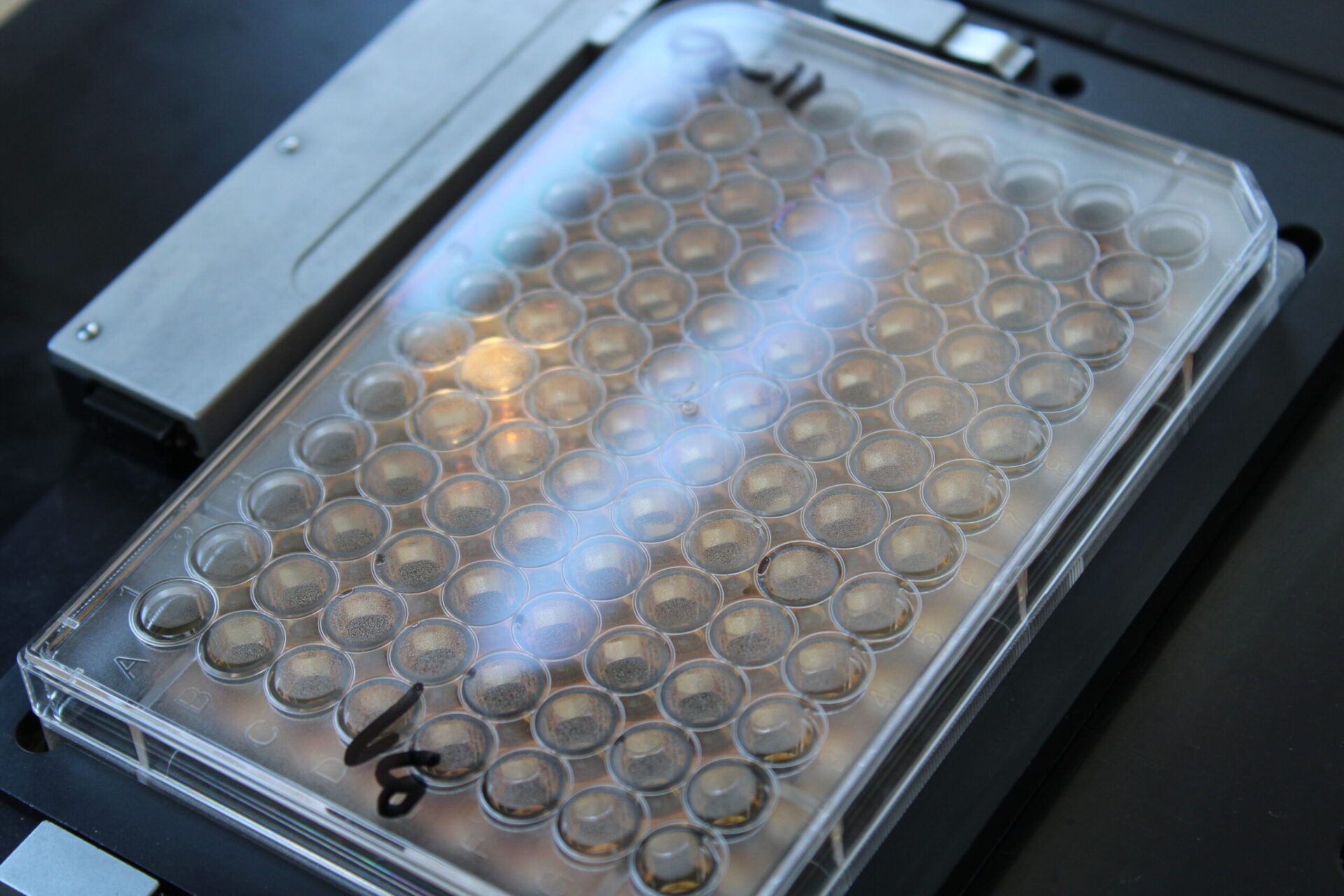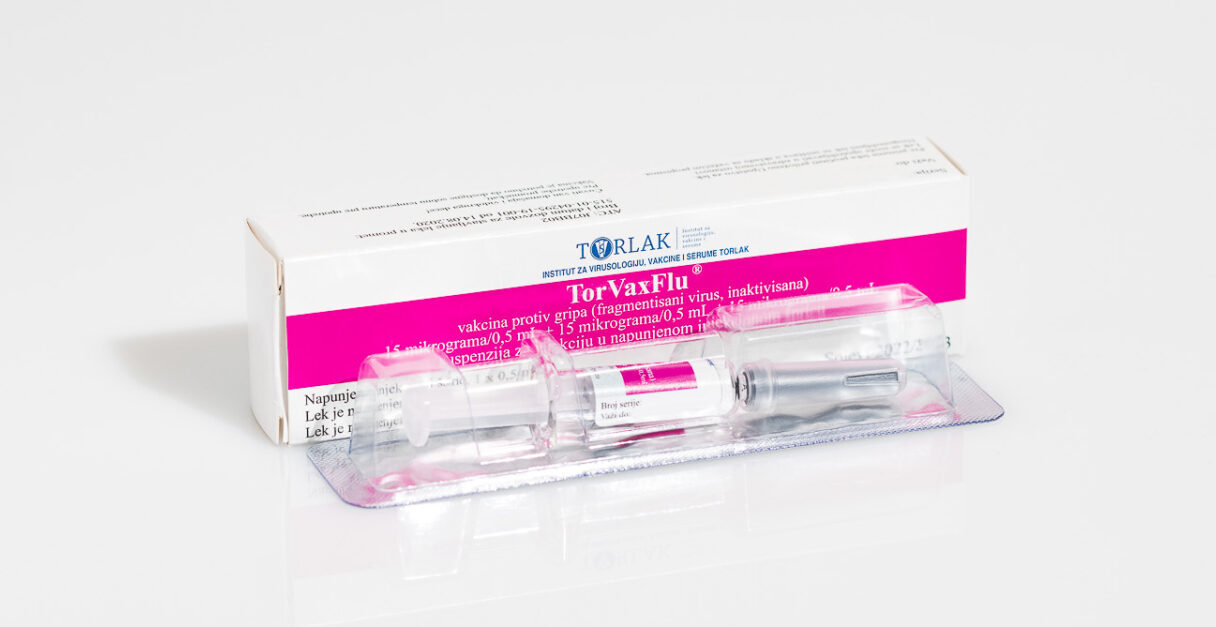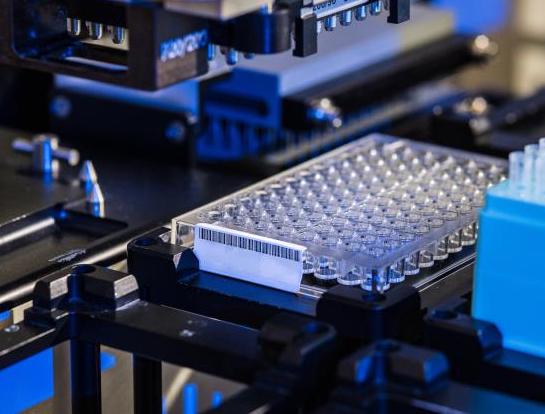Adequate patient preparation for sampling is crucial for the accuracy and reliability of the results, as well as for the comfort of the patient himself during the sampling. Please read the guidelines below:
Patient preparation for blood withdrawal:
In order to obtain relevant results, it is recommended to have blood drawn between 8 to 10 AM in the morning. Before blood collection, the patient may have a light breakfast and continue regular therapy. Avoid strenuous physical activity 2-3 days before blood withdrawal. It is advisable to refrain from smoking at least 1 hour before blood collection, and 10 to 15 minutes before the procedure, only rest and relaxation are recommended. After blood sampling, it is recommended to keep the arm extended for the next 3 to 5 minutes with pressure applied by the thumb to the puncture site to successfully stop bleeding and prevent bruising.
Patient preparation for throat, oral, and nasal swabs:
In the morning, before taking the swab, it is recommended that the patient abstain from eating breakfast, drinking any beverage, or performing oral hygiene. If the patient has consumed food or drink, there should be a minimum of 30 minutes between ingestion and swab collection. The swab should be taken before antibiotic therapy. At least 12 hours should elapse from the local application of antiseptic agents to swab collection (for bacteriological analyses). A control sample after antibiotic therapy should be taken at least 7 days after completing the treatment or upon the request of the attending physician.
Patient preparation for urine collection:
For urine analysis, it is necessary to prepare the first morning urine (midstream urine) after the morning hygiene of the genitals (washing with warm water and soap), in a sterile container. A sterile container can be purchased at any pharmacy. It is important to deliver the sample to the laboratory no later than two hours after urination. Keep the sample cool until it is brought to the laboratory. Urine sampling is not performed during the menstrual cycle.
Patient preparation for providing a stool sample:
In a sterile container, it is sufficient to take 1-2 grams of stool with a spoon or a lump the size of a hazelnut in the case of formed stool, or 1-2 mL if it is liquid. The portion taken should contain mucus, pus, traces of blood, and other pathological changes.
Preparation of the patient for skin and mucous membrane swab:
With a sterile swab soaked in saline solution, the lesion or desired area on the skin and mucous membranes is wiped. From the conjunctival sac, the swab is taken from the inner corner of the eye. The first swab collects mucus and is discarded, then the conjunctiva is wiped with the second swab, ensuring that the eyelid skin is not touched. (For autovaccines) It is very important that patients, regardless of the autovaccine they are receiving, are not under antibiotic therapy for at least 10 days and that they do not apply creams, lotions, powders, or dress wounds on the affected skin for at least 24 hours before taking the biological sample.
Patient preparation for sputum and phlegm collection:
Saliva is collected in a sterile container before eating and oral hygiene. The most diagnostically useful results are obtained from the first morning cough due to accumulated secretions overnight. The mouth should be rinsed with lukewarm water, and several deep breaths should be taken (cough provocation), waiting for the urge to cough, then forcefully coughing up the contents from deep within the lungs into a sterile container with a wide opening. In addition to sputum analysis, an oral swab is also performed.
Patient preparation for in vitro allergy testing:
Before blood collection for in vitro allergy testing, it is allowed to have a light breakfast. It is not necessary to discontinue therapy with antihistamines and corticosteroids if allergy treatment is ongoing. When the patient is unable to be present, there is the option to collect a blood sample (3-5 mL of venous blood) or serum obtained by centrifuging blood (minimum 1 mL of serum, following the cold chain principle) with expert assistance. Receipt of such material is possible every working day until 1:00 PM.
Patient preparation for determining antisperm antibodies:
Both partners come in for testing. Abstinence from sexual intercourse for three days is necessary for sperm sample collection. It is recommended to have a light breakfast due to venous blood withdrawal. Both partners undergo venous blood sampling, while the man also provides a sperm sample. The sperm sample is given at the Institute. If you are coming from Belgrade, there is the option to bring the sample from home (the sample is collected in a sterile urine container in the morning before arrival). The phase of the menstrual cycle in women does not affect the testing.
Patient preparation for skin prick testing:
During the booking of this testing, it is necessary to report all medications you are taking as regular therapy, as certain medications may affect the accuracy of the test results (specific medications may intensify or alleviate allergic reactions). It is required that you refrain from using the following medications 5-7 days before skin prick allergy testing:
- Antihistamine medications: such as Aerius, Zyrtec, Claritin, Xyzal, Clarinase, Nixar, Rupafin
- Medications that reduce stomach acidity: Cimetidine, Ranitidine
- Cold medications: Rinasek, Fervex
- It is necessary to refrain from using corticosteroid medications such as Dexason, Lemod solu, Nyripan, Urbason, Pronison for 24 hours before testing.
The break for patient admission is every working day from 10 to 10:30 a.m. Thank you for your understanding.




